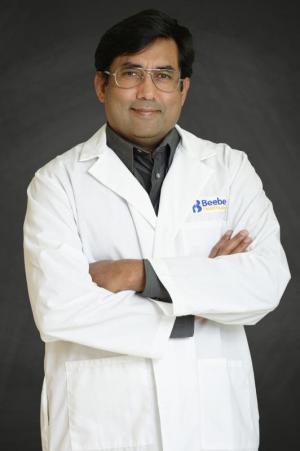Am I at risk for hernia? It’s more common than you may think
More than 5 million people in the United States are living with hernia.
While you may think hernia is not something to rush to the doctor about, a hernia does not go away on its own.
In order to prevent severe hernia and possible emergency surgery, you should talk to your healthcare provider quickly after discovering a potential hernia.
Hernias are caused when tissue, such as part of the intestine, protrudes through a weak spot in the lower abdominal muscles, typically in the groin. These types of hernia – called inguinal hernia – are most common in men but can occur in anyone. They are more common in active adults.
Additional risk factors include:
- Being male: Men are eight times more likely to develop an inguinal hernia
- Being older: As we age, the muscles in our abdomen and groin weaken
- Family history: If the men in your family have had hernias, chances are you will too
- Chronic constipation: If you experience issues with constipation, it could lead to a hernia during bowel movements
- Premature birth and low birth weight
- Previous hernia or hernia repair: Those who have had a hernia in the past are more likely to get them again. In addition, if you had any type of hernia in childhood, you are more likely to have hernia as an adult.
In many cases, hernia is caused during physical activity. It could be trying to lift a sofa to move it, or lifting weights at the gym, or even just lifting heavy items into the trunk of your car.
If you are concerned about hernia or if you want to prevent a future hernia, there are some steps you can take.
In addition to being careful to not strain your abdomen or groin, you can work to maintain a healthy weight; emphasize high-fiber foods such as fruits and vegetables, which can reduce or prevent constipation; avoid heavy lifting or ask a friend to help you when lifting, and lift with your knees, not your back or abdomen; and finally, stop smoking, since smoking can cause a chronic cough which can lead to or aggravate a hernia.























































